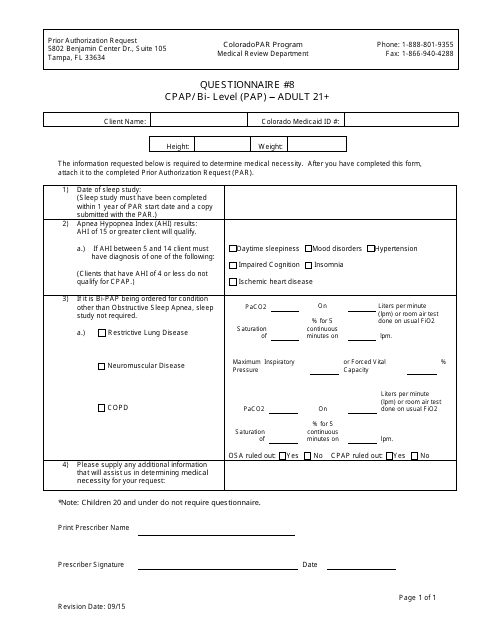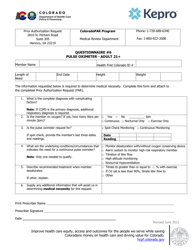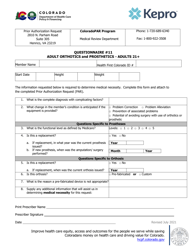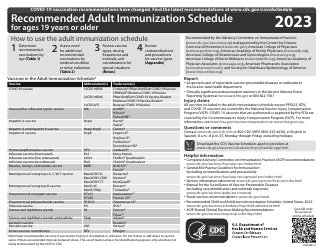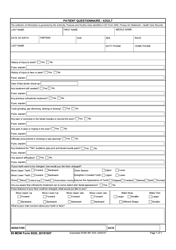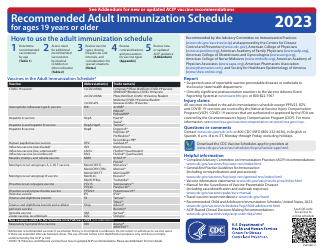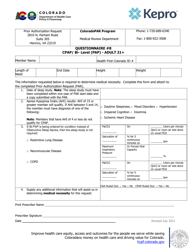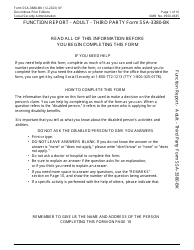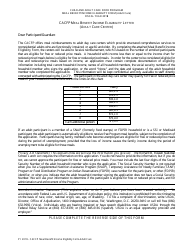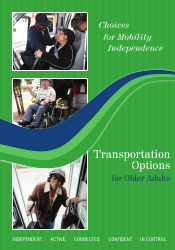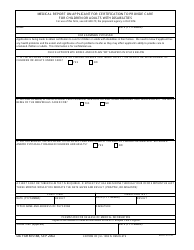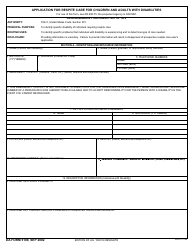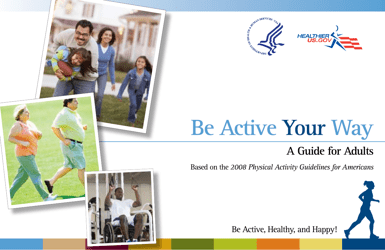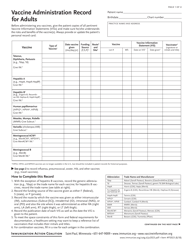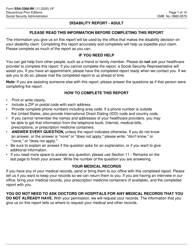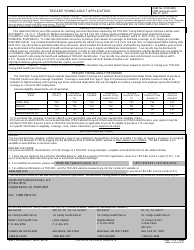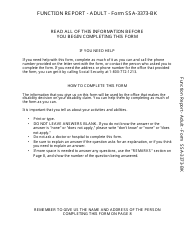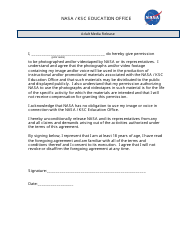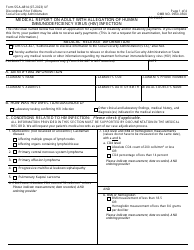Questionnaire #8 - Cpap / BI- Level (Pap) " Adult 21+ - Colorado
Questionnaire #8 - Cpap/ BI- Level (Pap) '" Adult 21+ is a legal document that was released by the Colorado Department of Health Care Policy and Financing - a government authority operating within Colorado.
FAQ
Q: What is a CPAP?
A: CPAP stands for Continuous Positive Airway Pressure. It is a medical device used to treat sleep apnea.
Q: What is Bi-Level PAP?
A: Bi-Level PAP, also known as BiPAP, is a type of positive airway pressure therapy that delivers two levels of pressure – a higher pressure during inhalation and a lower pressure during exhalation.
Q: Who can use CPAP/Bi-Level PAP?
A: CPAP/Bi-Level PAP is typically prescribed for adults aged 21 and above who have been diagnosed with sleep apnea.
Q: What is sleep apnea?
A: Sleep apnea is a sleep disorder characterized by pauses in breathing or shallow breaths during sleep. It can lead to daytime fatigue, snoring, and other health problems.
Q: How does CPAP/Bi-Level PAP work?
A: CPAP/Bi-Level PAP works by delivering a continuous stream of air pressure through a mask that fits over the nose or mouth. This air pressure helps keep the airway open, preventing pauses in breathing.
Q: Do I need a prescription for CPAP/Bi-Level PAP?
A: Yes, CPAP/Bi-Level PAP requires a prescription from a healthcare provider. They will determine the appropriate settings and type of device based on your individual needs.
Q: What are the potential side effects of using CPAP/Bi-Level PAP?
A: Some potential side effects of using CPAP/Bi-Level PAP include mask discomfort, dry or stuffy nose, skin irritation, and difficulty falling asleep.
Q: Can CPAP/Bi-Level PAP be used during travel?
A: Yes, there are portable CPAP/Bi-Level PAP devices available for travel. It is important to check with the transportation authorities regarding their policies on medical devices during travel.
Q: Is CPAP/Bi-Level PAP covered by insurance?
A: Many insurance plans cover CPAP/Bi-Level PAP as a treatment for sleep apnea. It is recommended to check with your insurance provider to understand your coverage and any requirements.
Q: How often should I clean my CPAP/Bi-Level PAP equipment?
A: It is recommended to clean your CPAP/Bi-Level PAP equipment regularly, including the mask, tubing, and humidifier, to prevent the growth of bacteria and ensure optimal functioning.
Form Details:
- Released on September 1, 2015;
- The latest edition currently provided by the Colorado Department of Health Care Policy and Financing;
- Ready to use and print;
- Easy to customize;
- Compatible with most PDF-viewing applications;
- Fill out the form in our online filing application.
Download a printable version of the form by clicking the link below or browse more documents and templates provided by the Colorado Department of Health Care Policy and Financing.
